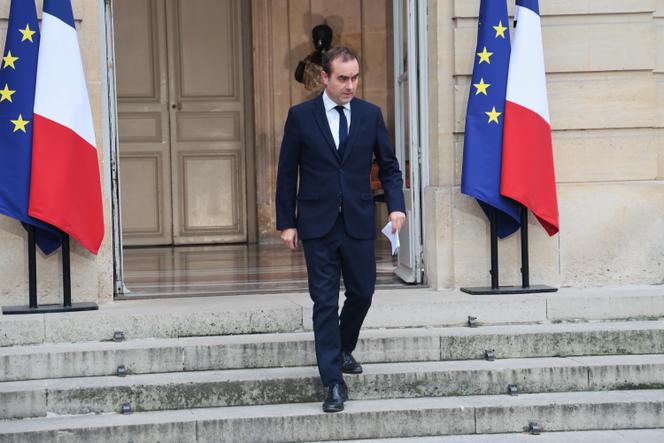


So much for all the fiscal discipline that had been promised in recent months. Sébastien Lecornu, who resigned as prime minister on Monday but was asked by President Emmanuel Macron to hold last-ditch talks to find a compromise on a budget, signaled that he would be ready to significantly ease off on the public deficit reduction efforts the government had planned for 2026. "The public deficit target must be kept below 5%" of gross domestic product in the upcoming budget, he said in a brief statement on Wednesday, October 8. More precisely, "between 4.7% and 5%."
Despite using apparently firm language, the statement represented an unmistakable shift toward some political flexibility on the issue. Lecornu's predecessor, François Bayrou, who had been determined to curb France's rising debt, proclaiming it public enemy number one, announced in mid-July that he intended to drastically reduce the public deficit in 2026. His plan was to bring it down from 5.4% to 4.6% of GDP in one year. Under his plan, the maximum amount of effort would be undertaken in 2026, as part of a larger plan to bring the public deficit below the European Union's 3% threshold by 2029, finally complying with the bloc's rules and stabilizing the national debt.
You have 73.62% of this article left to read. The rest is for subscribers only.
